Shop sim racing equipment
So, there will be no sequel to EA SPORTS WRC, and Codemasters is “pausing development plans on future rally titles.” Given that EA has a history of shutting down its studios, I think this news is alarming.
Although F1 25 is still a going concern for EA and Codemasters, this may change by the end of this year when the Formula 1 license deal is up for renegotiation. EA (through Codemasters) has an option to extend this agreement for another two years, but we don’t know for sure whether this will happen.
If a deal isn’t done, it could well be the final nail in the coffin for Codemasters. And that would be a travesty.
A British institution
Codemasters was the brainchild of brothers Richard and David Darling. Founded in 1986 and run out of an industrial unit in Banbury, the studio was well-regarded for the variety and quality of the games it developed and published, including the Dizzy series of platformers, Micro Machines and countless sports games.
It was a family affair too, with their sister and two close friends on its books initially, followed by the Oliver twins, who were responsible for developing Dizzy and its many sequels.
But Codies is perhaps best-known for the glut of superb driving games it released from the late ‘90s onwards, which counted the TOCA series and the Colin McRae-inspired Dirt games among its canon.

The studio picked up the Formula 1 licence for F1 2009 (firstly as publisher, then developer), and it’s a relationship that’s lasted to the present day, with F1 25 set for release on the 30th of May.
Whatever your opinion on Codemasters’ F1 games, they remain popular with consumers, offering light but approachable simulation elements. However, many fans have been left frustrated by the lack of true innovation and the reappearance of well-known bugs in subsequent sequels.
Racing games quickly became Codemasters’ bread and butter, with the likes of TOCA Touring Car Championship and Colin McRae Rally delivering uniquely British takes on serious motorsport series. TOCA helped bring Super Touring to the masses, with drivers like Alain Menu and Patrick Watts becoming household names, even for those who hadn’t personally witnessed a Peugeot engine detonating
Colin McRae Rally pushed the rally genre into the future thanks to its clean presentation, weighty handling and popular cover star; the most saleable asset in the sport due to his uncompromising driving style and laconic demeanour.
These games also had a lighter side, boasting the kind of wacky cheat codes that made gaming fun. And that’s what Codies do: make fun games (although using a tank to destroy your boisterous opponents in TOCA could be considered part-simulation).
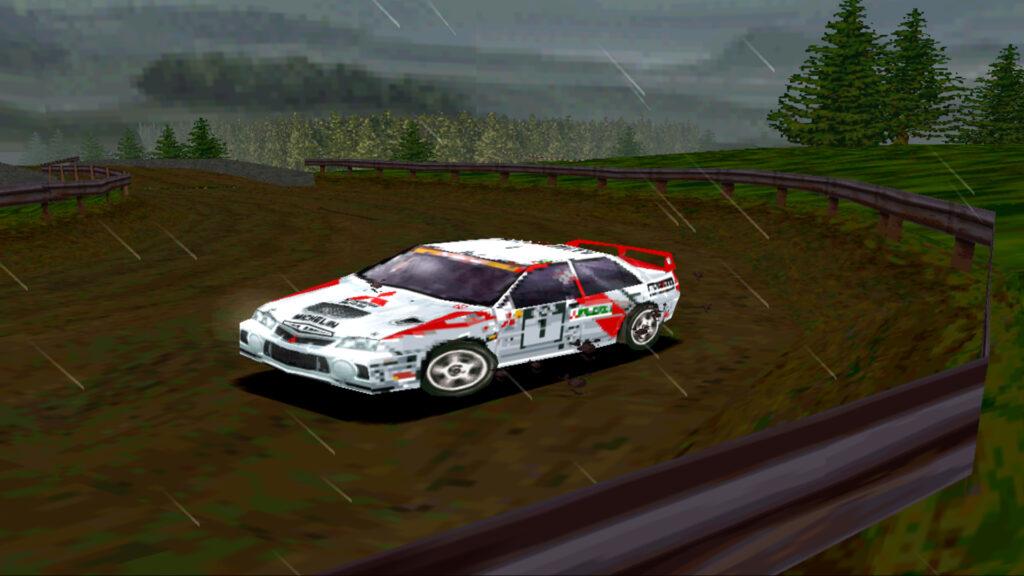
Nostalgia
My first encounter with a Codemasters title was Micro Machines on the Sega Mega Drive back in 1993. I found it to be addictive as hell, and frustratingly difficult at times (top tip: pick the fastest opponents to race against at the beginning and save the slower drivers for the trickier tracks further on!).
I moved up through every Colin McRae and TOCA game thereafter, before graduating to a gaming PC and a full sim setup around 2009. The F1 games post-2009 were enjoyable enough, but didn’t give me the same thrill as rFactor, but 2015’s DiRT Rally brought me back into the Codemasters fold.
Much of our community started their sim racing journey in Codemasters games. For me, as a 40-year-old, Micro Machines was the gateway drug, but our younger readers and viewers probably have fond early memories of playing TOCA, Colin McRae Rally, DiRT Rally, Grid Autosport, IndyCar Series, Dirt 3 or one of the many F1 titles.
Codemasters games are a cornerstone of the sim racing community.

The long goodbye?
Although the Darlings sold up in 2007, Codemasters continued to produce a raft of entertaining racing games, including Race Driver: Grid and a bold, arcadey new direction for its McRae games, which turned out to be a masterstroke. The Dirt franchise gave us some of the most over-the-top and enjoyable racers of the last quarter-century, even diversifying into ‘serious’ rallying with 2015’s DiRT Rally.
It was the brainchild of Game Director Paul Coleman, and although it was worked on by a relatively small but passionate team, it was a critical hit for the studio. A sequel, DiRT Rally 2.0 (the ‘2.0’ being a nod to Colin McRae Rally 2.0), improved the formula further, and is still considered by many to be the ultimate rally game (we even ranked it higher than EA SPORTS WRC, recently).
As a Richard Burns Rally aficionado, I still sunk around 150 hours into the DiRT games, appreciating its more polished graphics, sounds and forgiving (but still enjoyable) handling model. They were fun to play.
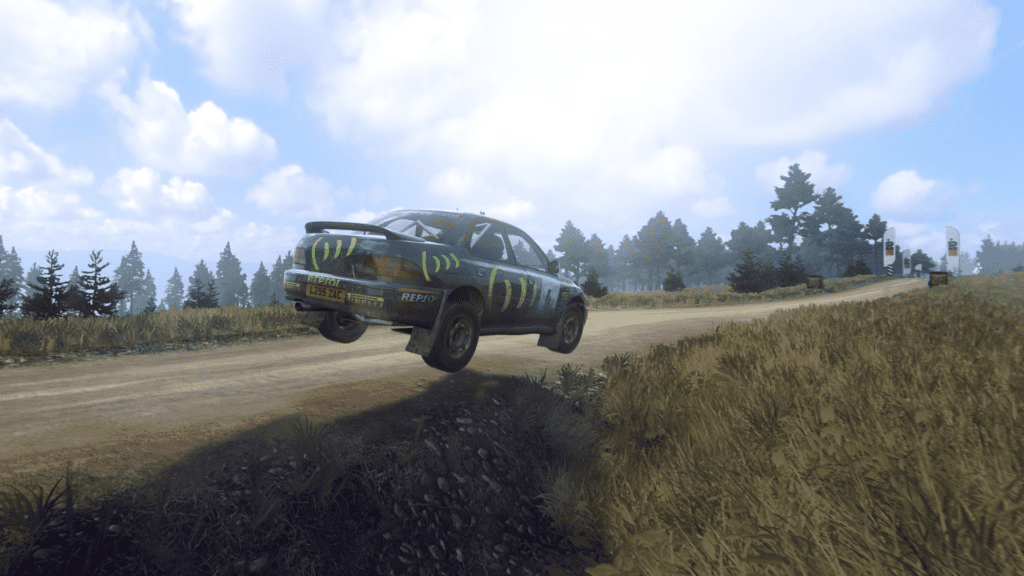
Codemasters acquired Slightly Mad Studios in 2019 for an initial $30m, so hopes were high for the future of the F1 and Dirt series (imagine Project CARS 2’s dynamic weather, VR optimisation and graphical performance on rally stages!), but we never got to see the fruits of this partnership (although the disappointing Project CARS 3 was released in 2020, realistically it was too soon for Codies to make a meaningful impact).
EA finally bought Codemasters in 2021 for an eye-watering $1.2 billion, and almost immediately came the warning signs.
Shut down
EA shut down the free-to-play mobile game Project CARS GO soon afterwards, before the entire Project CARS franchise was canned in 2022, with the cessation of a fourth instalment. EA closed down little-known racer OnRush’s online servers in the same year.
Criterion, purveyors of the hugely popular Burnout games, was acquired by EA in 2004, but has effectively mothballed the franchise since 2011, notwithstanding 2018’s Burnout Paradise Remastered.
Codemasters Cheshire, which developed OnRush and DIRT 5 (as well as MotorStorm and Driveclub under the guise of Evolution Studios), found itself absorbed by Criterion Games in May 2022 and worked on Need for Speed: Unbound thereafter. Its combined forces were moved over to Battlefield development once the project reached its natural conclusion.
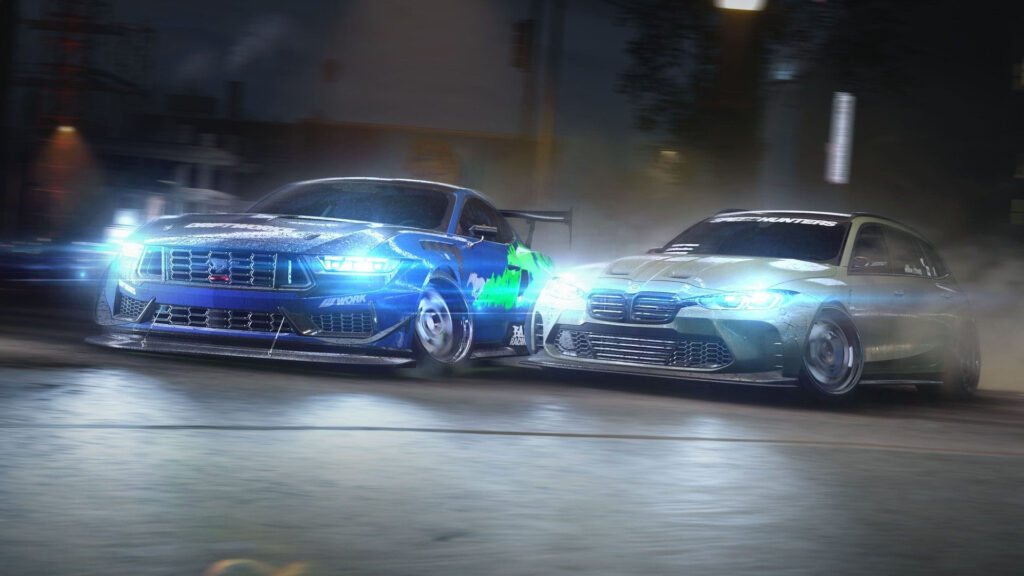
EA hinted that Need for Speed would return in “new and interesting ways,” afterwards, but we’ve yet to see what these are…
“This is the beginning of an exciting new era for racing games and content as we bring together the talented teams at Electronic Arts and Codemasters,” said CEO of EA Andrew Wilson about the Codemasters acquisition.
“… the franchises in our combined portfolio will enable us to create innovative new experiences and bring more players into the excitement of cars and motorsport. Our teams will be a global powerhouse in racing entertainment, with amazing games for players on every platform,” he stated.
A “global powerhouse”? Thousands have been made redundant by EA, and several popular gaming franchises have been cancelled — hardly powerhouse behaviour.
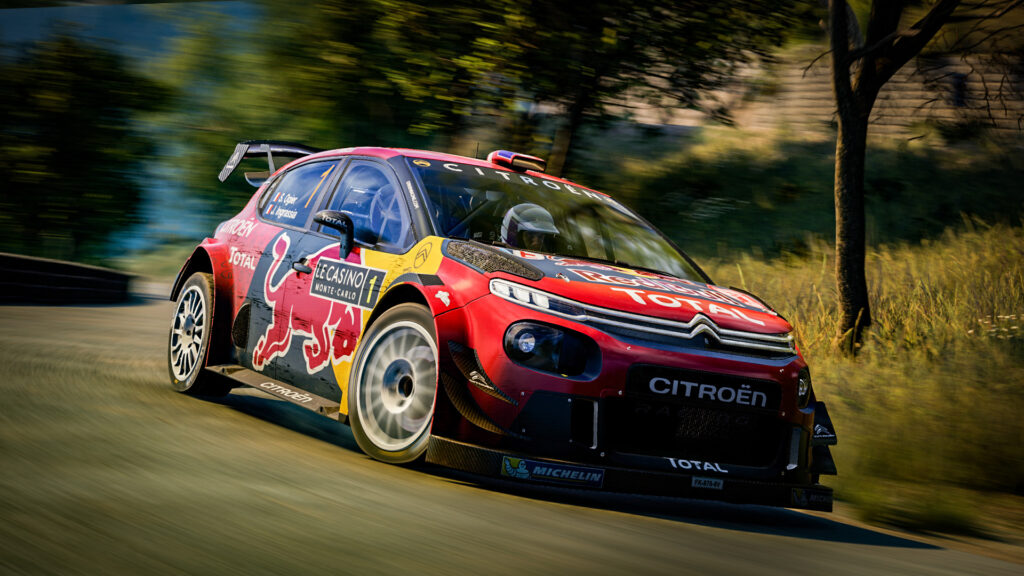
EA has also either shut down or subsumed Black Box Games, Maxis, Visceral Games, Pandemic Studios and Bullfrog Productions over the years, with Codemasters’ staff levels initially reduced in 2023. More redundancies also apparently arrived after its recent WRC series announcement, effectively ending all racing game development at the Southam office.
The mainstay of Codemasters’ game development is still used for other EA projects, while the Birmingham offshoot, producing F1, is now the only pre-EA takeover Codemasters studio remaining.
EA’s finances
Now, the global economy has been suffering for a few years, with many businesses feeling the pinch of rising energy costs, a global pandemic and other destabilising political factors, so it’s understandable that businesses want to cut costs.
In this case, we have to sympathise with EA, as it made a net loss of $1.27 billion in the last financial year.
Oh no, wait, it made $1.27 billion. My bad. And that’s off a net revenue of $7.56 billion.
Gee, I hope EA can afford its electricity bill with those tiny margins…
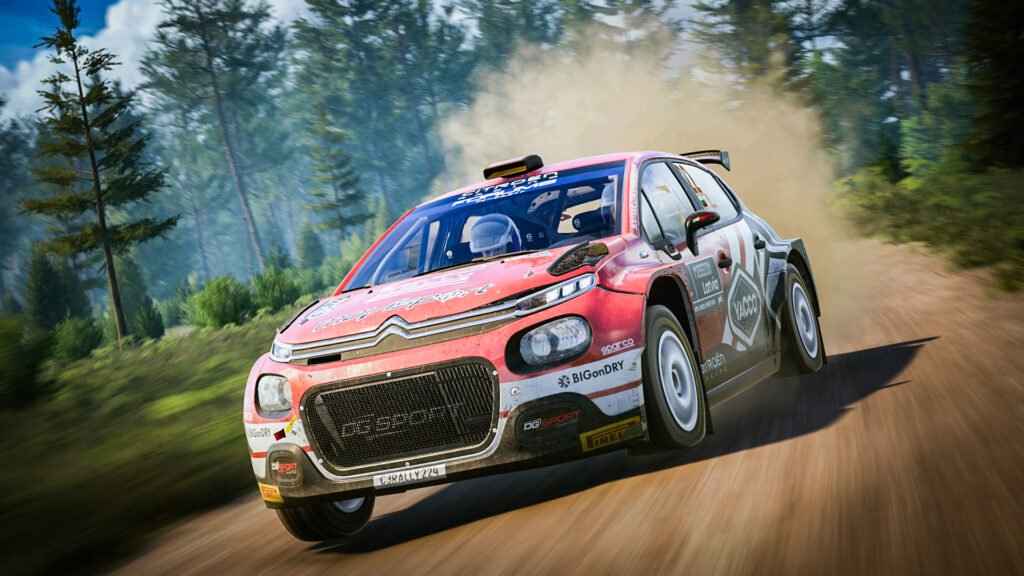
So, why is it making so many people redundant? Why is it making so many studios defunct? It’s a mystery. But at least its executives will still pocket millions in dividends and bonuses. Thank goodness for that, eh?
In a now-infamous quote secured by Kotaku, a former Visceral Games employee described EA’s attitude to ‘Project Ragtag’, a game set in the Star Wars universe.
“EA executives are like, ‘FIFA Ultimate Team makes a billion dollars a year.’ Where’s your version of that?” Which rather sums things up.
EA’s games have come under fire in recent years thanks to the proliferation of micro-transactions, with its FIFA (now known as EA SPORTS FC) games being a leading proponent.
Micro transactions, where players pay a small fee to gain in-game items or buffs, simply generate a lot of money for comparatively little outlay, and the focus is switching away from traditional gaming experiences towards those which reward instant gratification.
But moving all-in on this negates diversification, so if or when this business model fails in future, it will leave EA in a tricky spot.
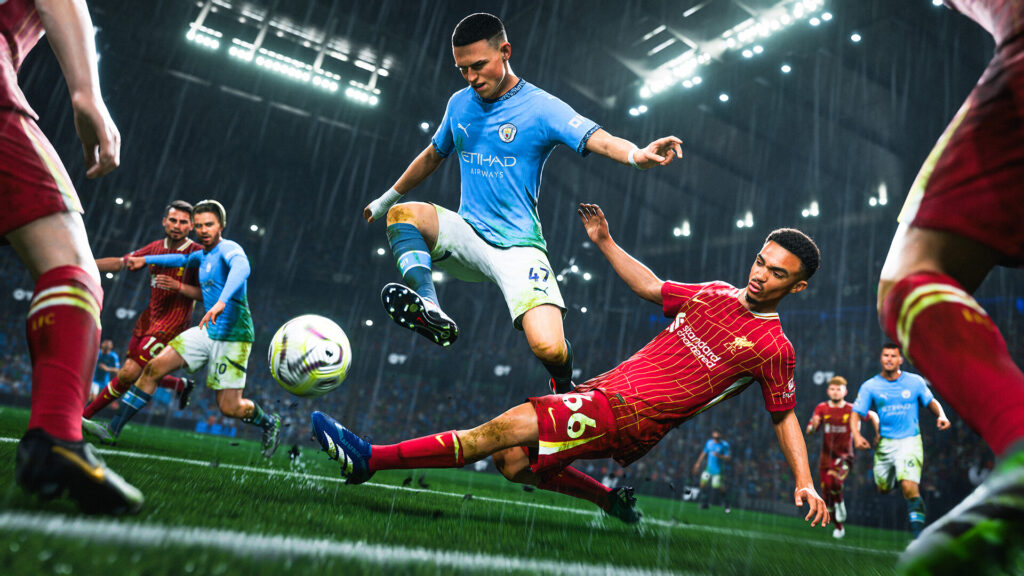
Hope for the future?
Traxion understands that some of the team that worked on EA SPORTS WRC has already moved on to helping out with the development of EA SPORTS FC and F1 25, but what’s next?
If EA again secures the rights for F1 video games, Codemasters may receive a stay of execution. Need for Speed is apparently still active, too, so remaining team members may be parachuted in to help create the next in the series.
Given EA’s recent form, it doesn’t feel like we’ll see any bold new racing game IPs emerging from its doors in future.
This makes me very concerned about the future of Codemasters, a studio that has shaped racing game tastes for nearly 40 years. It, and the people who work there, deserve better.
For further opinions on the culling of Codemasters’ rally team, watch our latest podcast embedded below.
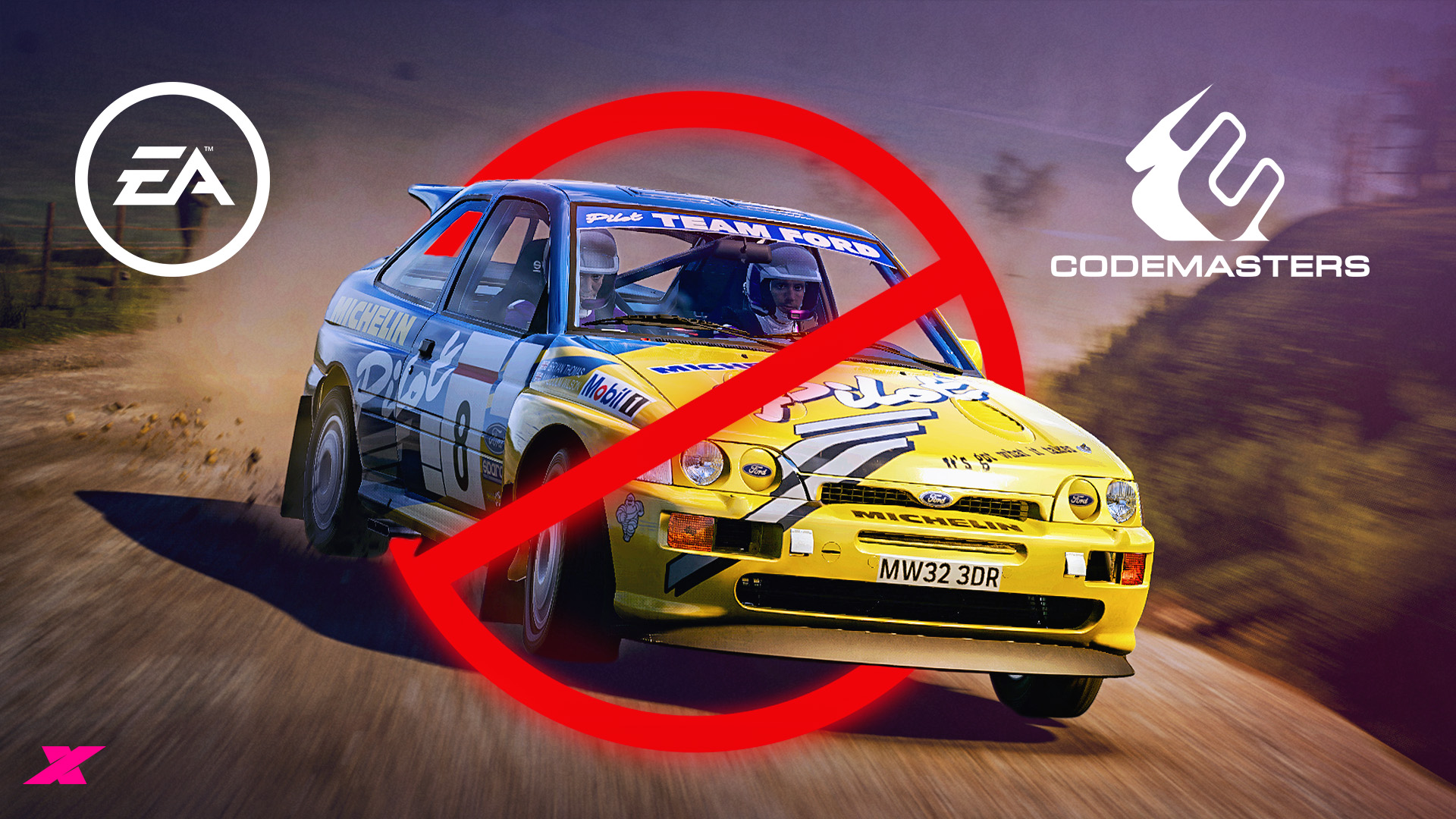





Chat with the Community
Sign Up To CommentIt's completely Free
Fantastic opinion piece, Ross! And one I agree with in its entirety! It’s sickening how badly racing games are being treated by the likes of EA, they just seem to have their souls sucked right out of them, and diverted into easy money-making tools. Praying they come to their senses and deliver experiences that are evergreen rather than temporary until a new one comes out a year later, only for it to be the same thing year on year!
Cheers Pran, feels good to get that off my chest!
In an ERA of racing game rebirth and sim racing being so popular. With all the hi tech gear available ditching such an opportunity…. It just hurts. Relying on a 20yo RBR with all the fantastic people who made it such a competitive and fun sim. Some serious studio should hire those alchemists and develop a proper rally sim. I’m affraid Beam NG drive will be close to that but not like a dedicated built from scratch rally sim
That would be the dream. Marcel Offermans is developing a rally sim using his The Last Garage platform (we’ve written about this previously), so this might be the closest we get!
Doing games like WRC is about capturing a niche that otherwise wouldn’t have played the mainstream moneymakers like FIFA or Fortnite anyway. But even so, I guess the greedy b*st*rds have targets for niche titles also, and apparently, the WRC games simply weren’t meeting those targets.
I believe this is the case, although EA don’t release specific sales info.